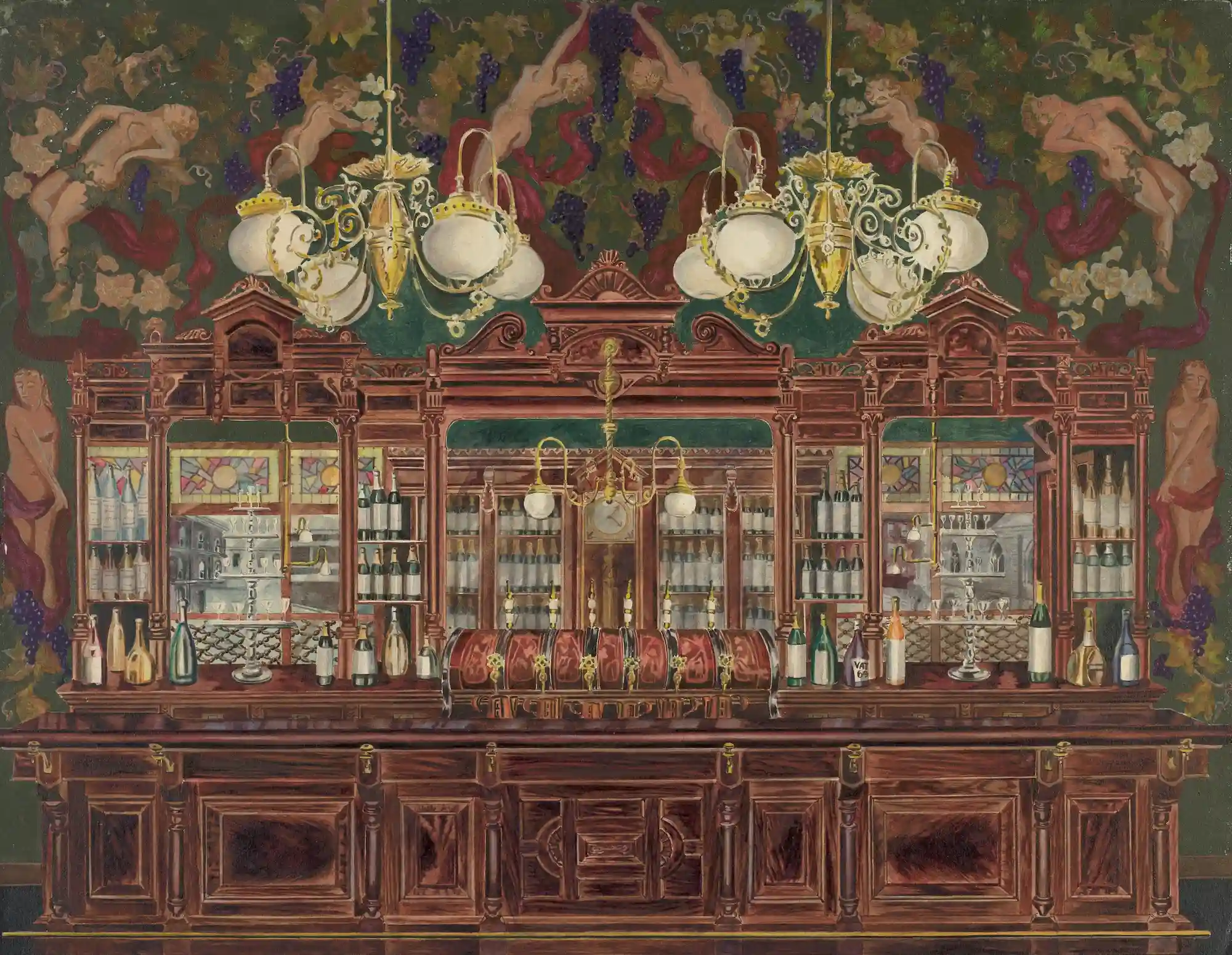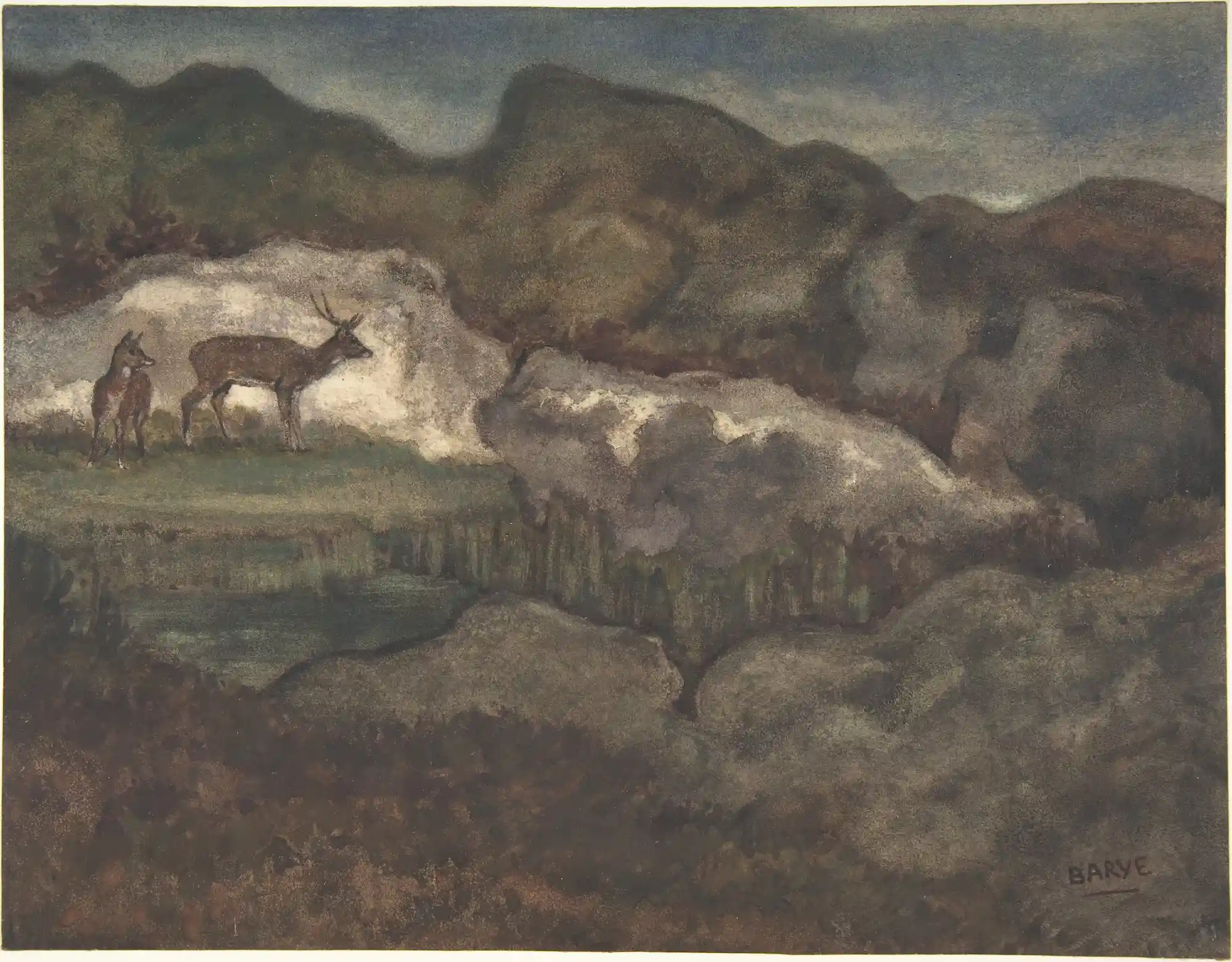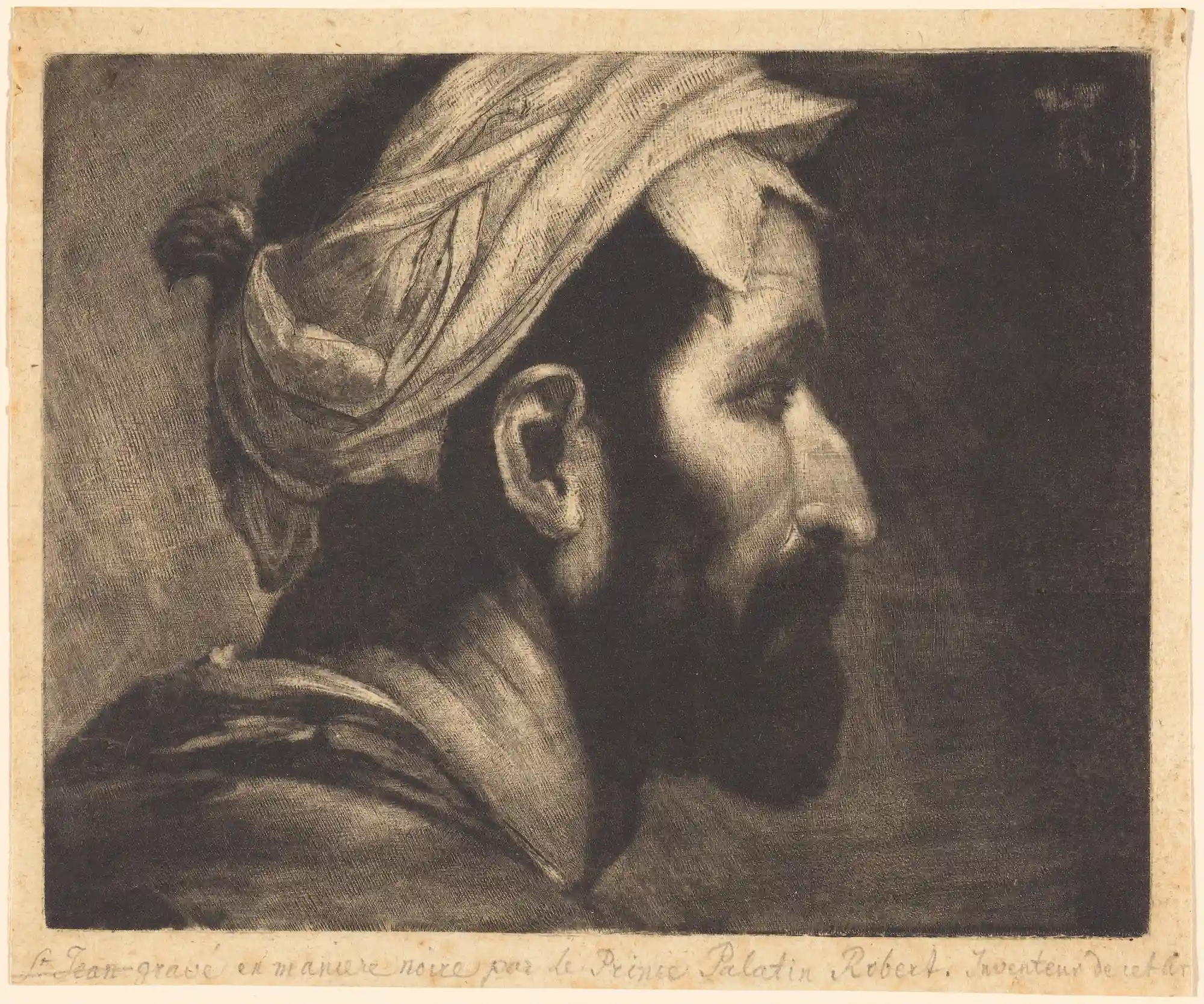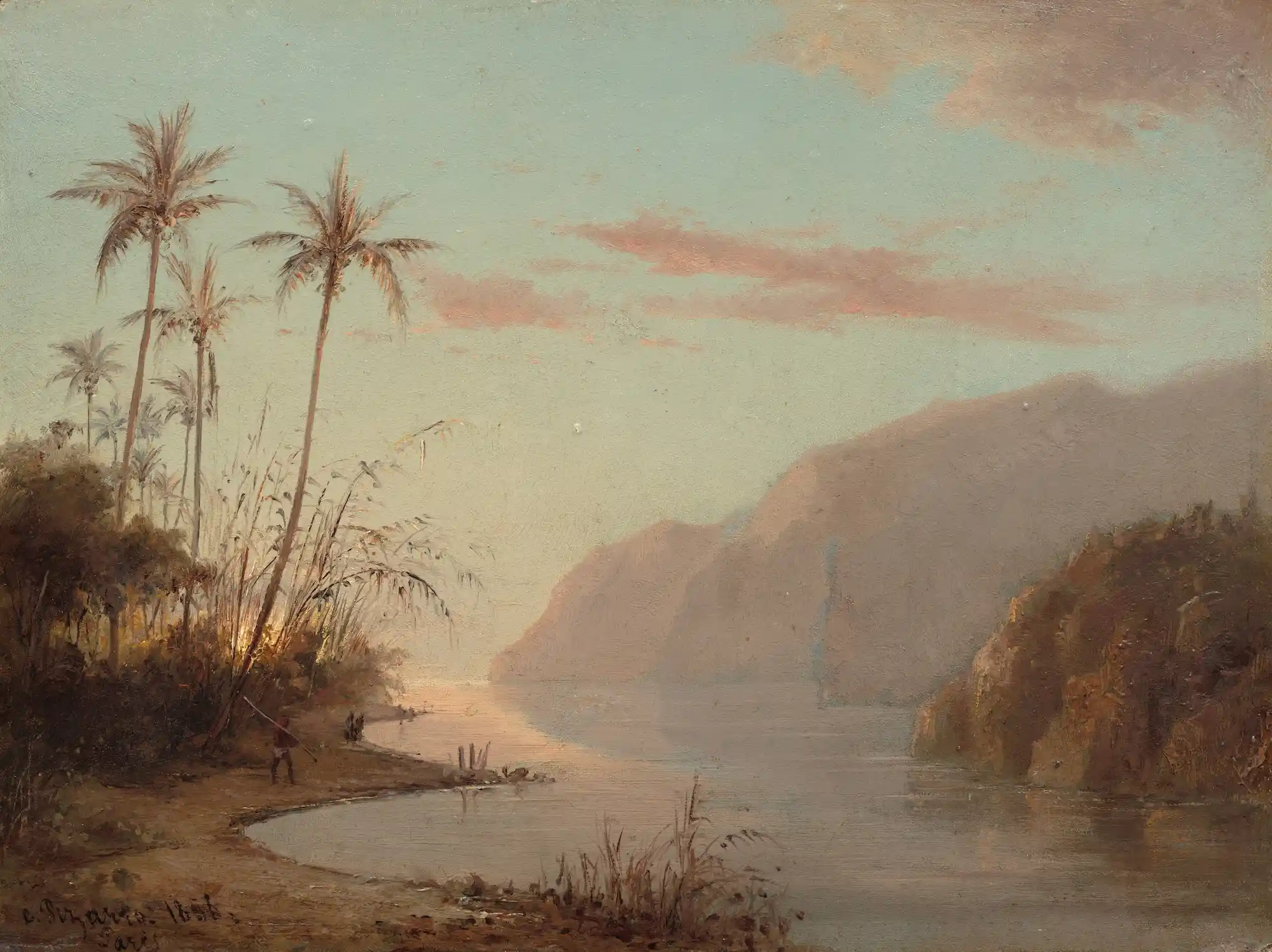
Bar, by Perkins Harnly
Lock In
It’s not the gunshot that’s surprising. That’s just noise on top of other noise echoed by the cave-like walls of the bar. It’s the silence that follows. Shocking, complete silence. Then the screams that pour into it.
The woman's body on the floor is still. The man who shot her is still. The motion is around them. Some people stumble away, others rush forward. Someone pulls the gun from his hand. Someone screams it should stay there. Someone calls, uselessly, for an ambulance.
"Ella está muerta," is the barman’s reply. "Llamaré a la policía."
This gets lost beneath the general outrage.
"She's fucking dead!" he roars, for the benefit of his foreign customers and their terrible Spanish. "Nobody leaves."
He locks the front doors and disappears behind the bar to find a phone. The customers retreat to the back tables, further arguments stunned out of them. The centre of the room—the abandoned tables and up-turned chairs—is given a wide berth, like a stage before a play. The shooter remains there, hand still pointing a phantom gun, transfixed on the body in front of him.
Marcus, who had already been hiding on a back table, who hadn't moved during the commotion, resumes his drinking.
Fucking great.
All he’d wanted was a quiet couple of gins on his way back from work. Somewhere to hide until his wife was asleep and it was safe to go home. Now how long was he going to be here?
"Are you angry I'm not coming to watch you play tonight?" his wife had asked earlier, while he was getting ready.
"No," he’d said. Which wasn't a lie. Not angry or even disappointed. Not anymore.
"I'm going to stay in and read," she had said.
"You're going to read?"
He couldn't hide his disbelief. She was wearing silk. Heels. Something to be seen in. Not something for book jacket eyes.
"What are you going to read, Renée?" he had insisted.
But she had just laughed and breezed away.
So he had gone to the club as usual. He had hammered the piano keys harder than needed for the indifferent Sunday night crowd. They were there to blur the time until Monday. They weren't interested in his frustration spiked and stretched into chords.
The barman returns to maneuver the shooter behind the bar, away from the stares. He dismisses the customers’ demands for their freedom, or at least more drinks.
Stopping here on the way back had been a way to give Renée time to complete her evening. For whoever she had invited over to leave. So that when Marcus got back, there would be no evidence and he could keep pretending that this was all in his head. Now he's stuck, staring at a corpse until fuck knows when. And if he doesn't get back until morning, he'll be the one who gets blamed.
Someone has found a sheet to drape over what used to be the woman. Bright white against the bar’s colour palette of old cigarette smoke and spilled beer. It’s all anyone can stare at. Especially when the edges start to seep through with red.
He doesn’t have enough gin left for this.
The bar itself is vulnerable in the barman’s absence. Rows of bottles shine in invitation. A brave, rogue group of customers approach. They make a swift strike, grabbing for the high-up, normally off-limits bottles. Marcus joins them. They make it back to their table just as the barman emerges, roaring.
Marcus settles in. It was going to be a long night. But at least it wasn't the full oppression of summer yet. There would be enough air for them all to make it through. The bottles travelling around soon disperse the post-gunshot solemnity. There's a corpse on the floor. Time to celebrate being alive. The room starts to haze—breaking the smoking ban a low priority on the night’s list of crimes. Someone opens the bar’s single window. The barman screams for it to close, enraged at the thought of a witness squeezing themselves out. No one knows where the gun has gone. Someone whispers, theatrically loud, that it’s probably hidden behind the barman's back.
Marcus keeps with his gin for company. It won't ask questions like: Renée not with you... again? He inspects the wildly animating tables around him. Which of the usual Sunday evening stragglers is missing? Who’s the most likely to be creeping around his house?
"Is this seat taken?" someone asks.
Yes, Marcus wants to say. He wants to lie down across the other chairs, cradling the gin. Everything here is taken.
"No," he answers instead, over-conditioned to politeness "Sit."
The interloper sits opposite him. She puts a weighty handbag down beside her and takes out a cigarette. He doesn't recognize her. Strange. This is a town for locals or its adopted strays. Close enough to the city to be full of foreigners and artists. Far enough away for them to have all gone a bit mad. No one ever just passes through. What a night to choose.
"I'm Marcus," he says, pushing the gin across the table. She takes it and then a swig. Hardly a night for formalities like separate glasses.
"Penelope."
A fake name. Said like it’s a joke. She delights too much in the sounds. Marcus is disadvantaged now. He's given away his real one.
It’s been so long since he spoke to a stranger. Especially one who looks like this. And what to say after witnessing a murder?
"Did you know them?" she asks first, pointing to the sheet. It’s mostly red now, edges dissolving into the pool that’s seeping out, shining.
“Everyone sort of knows everyone here. At least the expats. He was a writer. Seemed harmless."
The writer had been a quiet one, normally too high for words. Drifting around like a haunting, skin sucked against bone thin. His wife had been the opposite. Always drunk, loud, corporeal.
"Did you see everything?" Marcus asks.
She nods.
"Someone said it was a game they used to play?" She exhales the question, smoke carrying it over to him.
"Maybe?"
It had taken a long time to get the glass positioned on the wife's head. Even longer for the writer to stand and stay standing long enough to face her. No one could say there hadn't been a chance to stop it. Everyone else had been half-watching, half-continuing the usual, perpetual Sunday evening conversations. When the gun came out, the crowd had pantomime "oood" and "aaaahd". No one had thought it could be real.
"Not one I remember them playing before," Marcus says.
"I guess they didn't practice much," the stranger says. She laughs—the most inappropriate but delightful thing Marcus has ever heard. He can't help but join in.
"But why did he have a gun?" she continues, taking the question from the other discussions circling around them.
"It's the countryside. There are guns everywhere,” Marcus shrugs “That shouldn't be the question."
"No?"
"No. It should be: why did he want to shoot his wife?"
"You've never wanted to shoot your wife?"
Said with another one of those laughs. A look down at his ring.
"No," Marcus answers, automatically. Then considers.
No. Not shoot. Strangle sometimes. Or shake. He often wanted to shake Renée until she looked at him again and not past him. Looking for whatever better option she was hoping to appear.
The stranger sits with minimal commitment. Every time someone stands, she turns to see. Maybe searching for whoever she had intended to meet here. Or maybe just a better option. Marcus desperately wants to say something to keep her here, but the usual questions—what are you in town for? How long are you here?—will just do the opposite.
"In your opinion, which writer is the most likely to shoot their wife in the face?" he asks.
She smokes while she considers. They talk bullshit for a while. A half bottle of gin while. They draw closer, the evening shrinking in. The rest of the bar around them, the corpse on the floor, are just a vague periphery.
The police arrive, eventually. Marcus, flooded with more than gin, barely notices them entering. But the stranger snaps straight, alert. The hand holding her cigarette tenses, the other one inches towards her bag.
The police talk to the barman. They inspect the stained sheet and staining floorboards. Two of them retrieve the writer and take him away. He shuffles behind the officers, out of step. No need for handcuffs.
Marcus watches him shudder as passes his once wife. What would Renée look like beneath a shroud? Docile for once. Incapable of ever enraging him again. She would make a beautiful corpse. Asleep, her face was delicate, smooth, gentle. She would make a beautiful memory. The good parts treasured. Everything else rubbed away by time.
Ambulance uniforms come to remove the wife's body. They don't even bother to lift the sheet. Every time the door opens, the stranger leans towards it.
"They don't need to speak to people, right?" she asks "They know who did it?"
Marcus shrugs. No one’s following a protocol here.
"Is there a back way out? Maybe there is somewhere else we can go?"
The stranger puts her hand over his, crossing the last inch separating them. The room contracts to just the table and the stretch of his skin igniting beneath hers. It's been so long since someone touched him. It almost feels like a violation. He's forgotten how to react. When he doesn't pull away, she smiles. The hand advances up his arm. He dissolves beneath it.
Around them, other people are rebelling: standing up, demanding to be freed. The barman’s despotic hold is failing, now the actual police have arrived. All she will want is someone to leave with her, someone to draw attention away from her—and whatever was in that bag—on the way past the police. All Marcus wants now is that hand closer and the other one as well. He wants the table and everything else between them gone.
Where could they go? Nowhere else would be open. A back room, maybe. A submerging into a cellar, somewhere with a stack of crates or barrels he could push her up against. Outside? It wasn't a big town. The shuttered streets would soon give way to less watched places. Somewhere that could enfold them. A neglected building crumbled open in invitation. An overlooked shed.
But... if he does this he can’t be so self righteously outraged at Renée’s every unexpected phone call or unexplained absence. He can no longer pretend that he deserved any better.
Marcus draws back. The stranger doesn't even look disappointed.
"Marcus!” the barman shouts. He’s the chosen witness. "Ven aqui!"
“Sorry. Just a minute,” he says, knowing she’ll be gone when he gets back.
The police only have three or four questions. It doesn’t seem worth the three or four hours of imprisonment. Then he is released. The stranger has indeed disappeared. Who did she escape with?
The outside is a shock. It has a bite to it, after the suffocation of the bar. As usual, the sight of the mountains, dark and distant eruptions, remind him how small everything he does is. It’s closer to morning now than night. Only the birds are awake, trilling from unseen corners. It follows him like laughter.
It's only a few streets back to his apartment. He creeps in, guilt lightening his footsteps. But it’s still too late. Renée will know he didn't come back on time. The morning will be nothing but false tears and accusations, then a triumphant smile when she thinks he’s not looking.
Everything will be worse now. And for what?
At least she’s asleep, or pretending to be. Marcus twitches the sheet, imagining it pulled all the way up, covering that beautiful, unpleasant face. Wrapped tight, making her into something soft and inoffensive.
July 27, 2025
Further considerations

Glacier Kiss
Rime has settled on our wine fridge and the kitchen // island, making the quartz glacier shimmer in the // morning light.

Political Theatre
On the evening of Tuesday, March 18, 2025, the State of Louisiana, under the direct orders of Governor Jeff Landry, executed Jessie Hoffman, Jr., age 46.

Haikus on Watching Love Island and Not Your Mom's Birds and the Bees
A shaved-in side part // arrives with a new woman // who should not be there